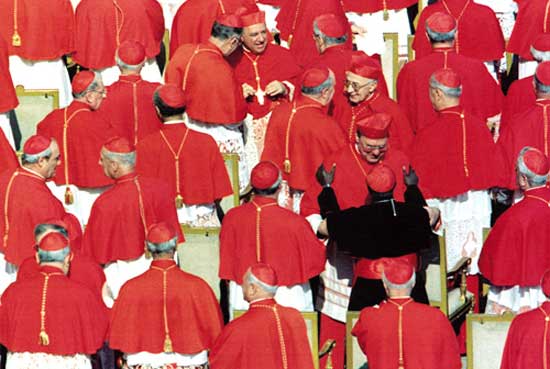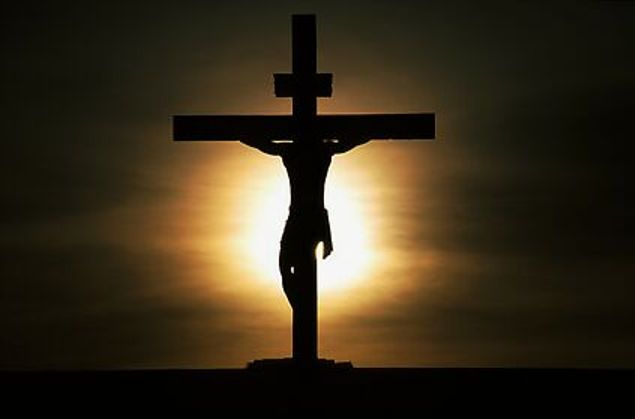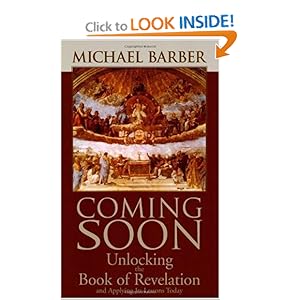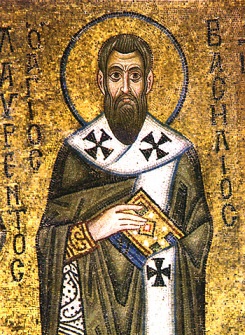 I hadn’t planned to write about last weekend’s Gospel reading, but it has kept coming up in conversation and I’ve spoken to some people who have been really troubled by Jesus’ words, perhaps rightly so:
I hadn’t planned to write about last weekend’s Gospel reading, but it has kept coming up in conversation and I’ve spoken to some people who have been really troubled by Jesus’ words, perhaps rightly so:
Great crowds were traveling with Jesus, and he turned and addressed them,
“If anyone comes to me without hating his father and mother, wife and children, brothers and sisters, and even his own life, he cannot be my disciple. Whoever does not carry his own cross and come after me cannot be my disciple.
Which of you wishing to construct a tower does not first sit down and calculate the cost to see if there is enough for its completion? Otherwise, after laying the foundation and finding himself unable to finish the work the onlookers should laugh at him and say, ‘This one began to build but did not have the resources to finish.’
Or what king marching into battle would not first sit down and decide whether with ten thousand troops he can successfully oppose another king advancing upon him with twenty thousand troops? But if not, while he is still far away, he will send a delegation to ask for peace terms.
In the same way, anyone of you who does not renounce all his possessions cannot be my disciple.”
Masochism or poor linguistics?
What did Jesus mean when he said we must “hate” our family and even “hate” our own lives? That sounds rather masochistic!
Is this just a bad translation? Actually, no, it’s not. The Greek word being used here is “miseo”, which, according to Strong’s Greek Lexicon means “to hate, pursue with hatred, detest”.
Read more








 I hadn’t planned to write about last weekend’s Gospel reading, but it has kept coming up in conversation and I’ve spoken to some people who have been really troubled by Jesus’ words, perhaps rightly so:
I hadn’t planned to write about last weekend’s Gospel reading, but it has kept coming up in conversation and I’ve spoken to some people who have been really troubled by Jesus’ words, perhaps rightly so:


